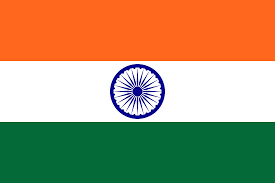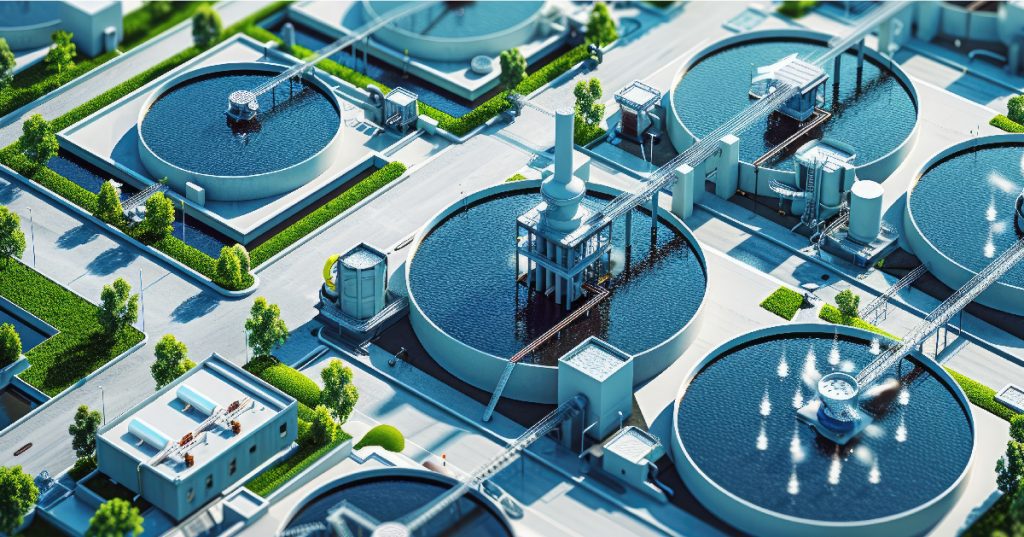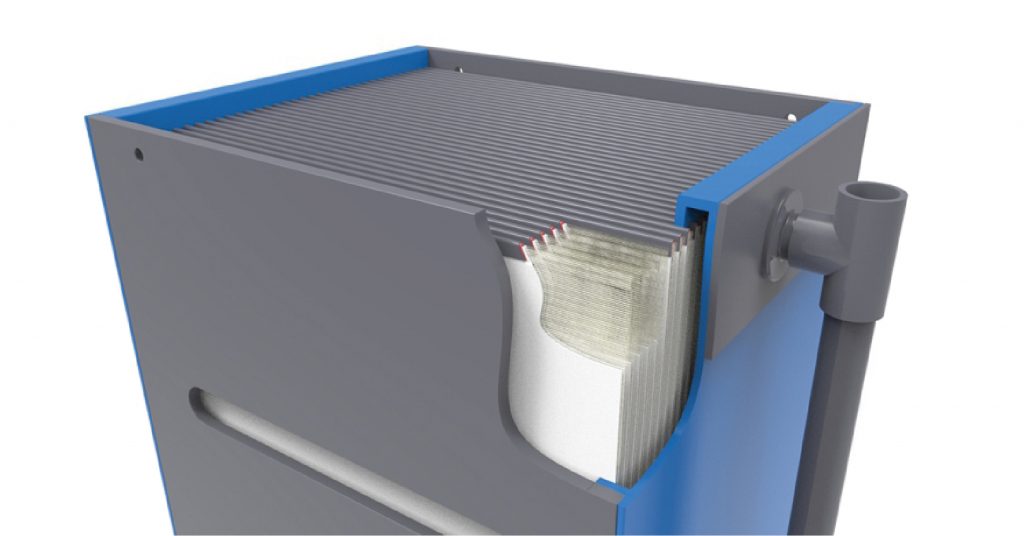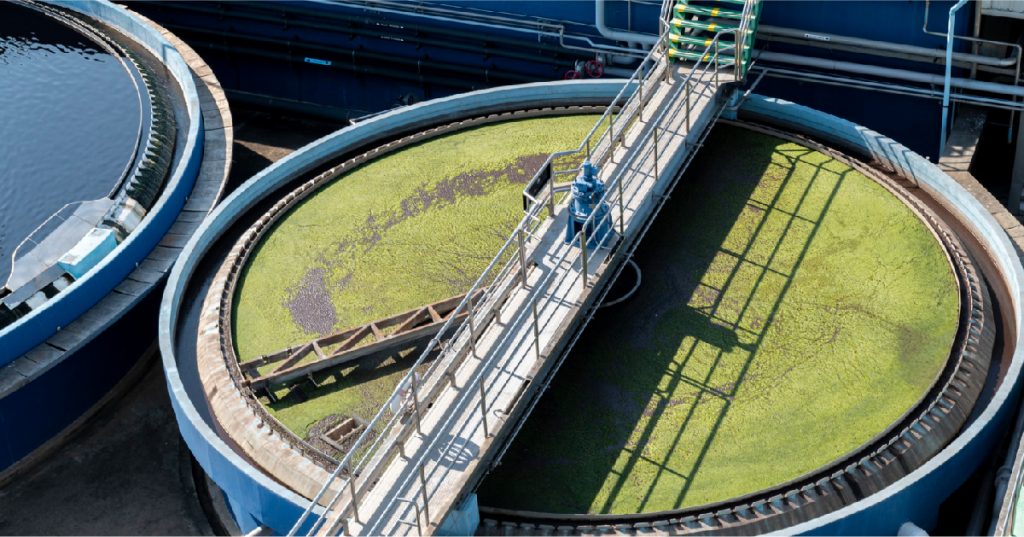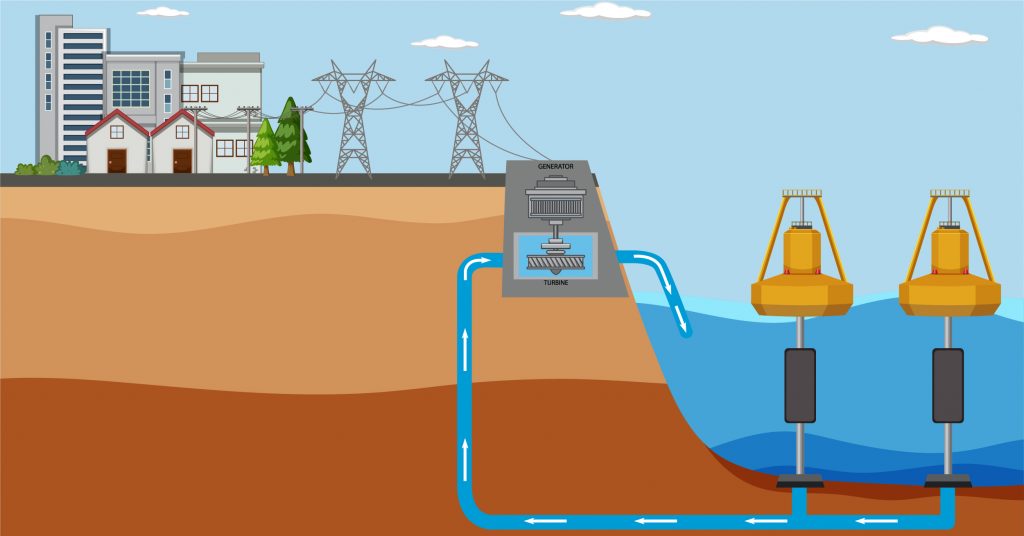As India accelerates its Smart City Mission, ensuring reliable and equitable access to clean water has become a central challenge. Rapid urbanization, population growth, and aging infrastructure are pushing utilities to adopt more advanced and efficient systems. Among these, the modern water distribution system plays a crucial role, ensuring that treated water reaches every household, industry, and institution seamlessly and sustainably.
Table of Contents
ToggleUnderstanding the Water Distribution System
A distribution system of water refers to the network of pipelines, reservoirs, valves, and pumps that transport water from treatment plants to end users. It is the backbone of urban water management, responsible for maintaining pressure, minimizing losses, and ensuring quality from source to tap.
In India’s growing urban centers, efficient water distribution directly determines the success of Smart City projects — influencing not only public health and convenience but also sustainability and energy efficiency.
Types of Water Distribution Systems
Different urban layouts and topographies require specific designs. The type of water distribution system chosen depends on factors like population density, elevation, and available pressure. The main types include:
- Gravity System – Utilizes natural elevation differences to distribute water without additional pumping. Ideal for hilly or elevated terrains.
- Pumping System – Relies on pumps to push water through pipelines, suitable for flat terrains or when pressure maintenance is essential.
- Combined System – Integrates gravity and pumping methods to balance efficiency and reliability.
- Grid Iron System of Water Distribution – The most common and effective system for urban areas, especially Smart Cities. It consists of interconnected pipelines forming a grid, ensuring uniform pressure and uninterrupted flow even during maintenance or breakdowns.
Among these, the gridiron system of water distribution stands out as the preferred choice for modern cities due to its flexibility, redundancy, and ease of operation.
Why Smart Cities Need Advanced Distribution Networks?
Traditional water networks often struggle with inefficiencies such as leakage, uneven pressure, and water contamination. By adopting smart water distribution systems, cities in India can overcome these long-standing challenges:
- Reduced Non-Revenue Water (NRW) – Smart sensors detect leaks and unauthorized usage in real-time.
- Optimized Pressure Management – Prevents pipe bursts and ensures a consistent supply across zones.
- Water Quality Assurance – Continuous monitoring of residual chlorine, turbidity, and pH.
- Energy Efficiency – Pump operations can be automated based on flow demand and storage levels.
- Equitable Distribution – Ensures that every citizen receives a fair share of treated water.
These systems are a key enabler of integrated, sustainable urban development — aligning with India’s vision for water-secure Smart Cities.
Ion Exchange’s Expertise in Smart Water Distribution
Water Infrastructure Development: Driving Sustainable Growth
A nation’s progress depends on strong infrastructure, with water management playing a vital role in industrial growth, public health, and sustainability. Rapid urbanization has increased water consumption and wastewater generation, demanding resilient water infrastructure. The COVID-19 pandemic highlighted the need for reliable water systems, especially in developing nations.
India faces a severe water crisis, with demand expected to double the supply by 2030. A 2020 WWF report identified 30 cities at high water risk by 2050, while the World Bank warns inadequate water management could limit GDP growth. To address this, the Indian government has launched initiatives like AMRUT, the National Mission for Clean Ganga, and Jal Jeevan Mission. Long-term water security requires public-private collaboration, where Ion Exchange plays a crucial role in delivering sustainable water solutions.
With over six decades of expertise, Ion Exchange is a trusted leader in total water and environment management solutions, providing cutting-edge technology, project management expertise, and sustainable solutions to address India’s growing water infrastructure needs. Our strong technical competence and end-to-end capabilities enable us to support government-led initiatives and private sector projects, ensuring access to clean water, efficient wastewater treatment, and environmental conservation.
Key Areas of Expertise
- Turnkey Design & Build Solutions: Ion Exchange offers concept-to-completion solutions, executing large-scale infrastructure projects that include water supply, sewage treatment, wastewater recycling, desalination, and solid waste management. Our extensive project management expertise ensures timely execution and cost-effective solutions.
- Water Supply & Distribution Systems: With the rising demand for clean water, we specialize in designing and constructing reliable transmission mains, distribution systems, pumping stations, storage networks, and comprehensive O&M to provide uninterrupted water access.
- Pipeline Infrastructure Projects: Our capabilities extend to the manufacturing, supply, and installation of cross-country pipelines, including road, rail, and river crossings. We work with various materials, such as iron, MS, PSC, AC, DI, PVC, HDP, E, and GRP, to meet diverse infrastructure needs.
- Utility Buildings & Electrification: Beyond water management, Ion Exchange contributes to sustainable infrastructure development by providing essential electrification and utility building solutions for public and private projects.
- Drinking Water Treatment & Purification: Ion Exchange provides advanced water purification and treatment solutions, including filtration, chlorination, chemical dosing, and removal of contaminants such as iron, fluoride, arsenic, nitrate, and uranium. Our state-of-the-art plants use PLC automation and modern control systems for efficient operation.
- Seawater Desalination: For coastal regions facing freshwater scarcity, our desalination plants serve as a sustainable alternative. These facilities include seawater intake systems, treatment processes, and underground storage solutions, designed for an efficient and reliable water supply.
- Sewage Treatment & Wastewater Recycling: Our expertise includes sewage collection, treatment, and recycling, utilizing aerobic, anaerobic, and membrane technologies to treat municipal and industrial wastewater. Wastewater recycling not only ensures a dependable decentralized water supply but also provides environmental benefits by reducing pollution and protecting ecosystems.
- Solid Waste Management & Waste-to-Energy Solutions: Ion Exchange integrates advanced technologies to convert municipal solid waste and sludge into clean water, energy (heat & power), and organic fertilizers, promoting a circular economy.
With sustainability at our core, Ion Exchange actively advances the United Nations Sustainable Development Goals (SDGs) through innovative water and environmental solutions. We support SDG 6 (Clean Water & Sanitation) by ensuring safe water access and efficient wastewater treatment, and SDG 7 (Affordable & Clean Energy) by optimizing energy use in water infrastructure. Our cutting-edge technologies drive SDG 9 (Industry, Innovation & Infrastructure), while our sustainable water management systems contribute to SDG 11 (Sustainable Cities & Communities). Through strategic collaborations, we also further SDG 17 (Partnerships for the Goals), working towards a water-secure future.
As India and the world tackle the pressing challenges of water scarcity, Ion Exchange remains at the forefront of developing innovative and sustainable water infrastructure solutions. Through strategic partnerships and cutting-edge technologies, we enable efficient water management while minimizing environmental impact, thus helping industries, municipalities, and governments achieve their water security goals through resilient, future-ready water infrastructure.
The Future of Water Flow in India’s Smart Cities
India’s Smart City initiatives aim to build urban systems that are sustainable, resilient, and citizen-centric. Modern water distribution systems are vital to this transformation, supporting the country’s broader goals of reducing losses, improving service delivery, and ensuring 24×7 water availability.
With Ion Exchange’s proven expertise, cities across India can modernize their water infrastructure, transitioning from traditional setups to intelligent, digitally managed networks that ensure reliability, quality, and sustainability.
Conclusion
A well-designed water distribution system is the foundation of a successful Smart City. From the gridiron system of water distribution to advanced, sensor-based digital networks, these systems ensure a consistent, safe, and efficient supply of drinking water to millions.
Ion Exchange’s comprehensive solutions for water distribution systems empower municipalities and developers in India to build future-ready cities where water flows smartly — sustainably, efficiently, and equitably.
